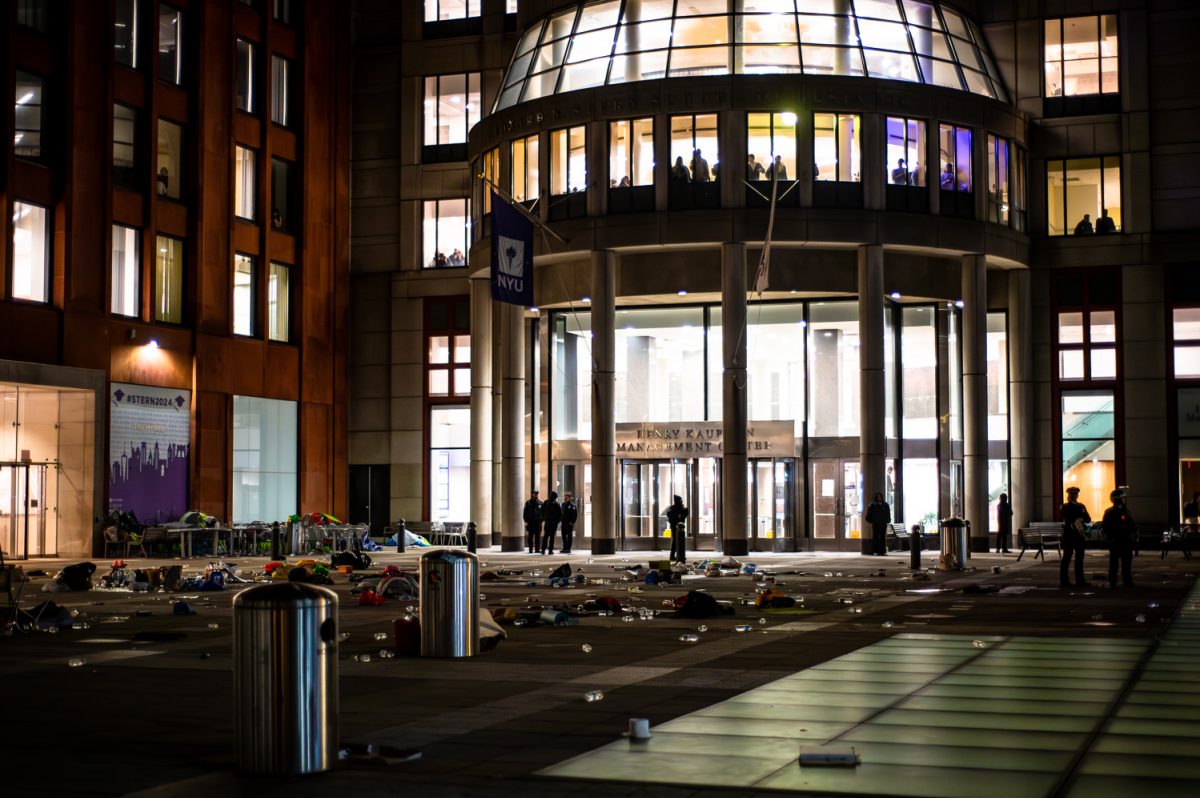Court must reverse civil rights decision in surveillance case

October 18, 2015
A federal appeals court moved to reinstate a civil rights case on Tuesday that brought into question the surveillance of the Muslim community by the New York Police Department’s now-defunct Demographics Unit following 9/11. Hassan v. City of New York was brought on behalf of the New Jersey Muslims who were subject to an invasion of privacy without proof of wrongdoing, which they claimed was based on their faith and caused damage to their businesses and careers. Instead of holding the NYPD responsible for its violation of these citizens’ rights, Judge William J. Martini dismissed the case last year for lack of standing and failure to state a claim. The reinstatement of this case is a step in the right direction, and one that is necessary if we are to believe that the law and its enforcers are bound to the Constitution and the rights it enshrines.
In his dismissal of the original case, Judge Martini ruled that there was no plausible case for discrimination. Additionally, he ruled that the police department was not responsible for the damages, nor was it discriminatory in its practices. In the same decision he attributed the damages claimed by the plaintiffs instead to the Associated Press. By making the police surveillance publicly known through their reporting, he claimed, they were the players responsible for the resulting harm to the targeted Muslims. Not only did this judge weaken the Constitutional rights afforded to all U.S. citizens regardless of race or religion, but he also managed to dismiss watchdog journalists as troublesome whistleblowers in the same breath.
Our government has similarly suspended the civil rights of certain groups of citizens in the name of national security throughout history. In its unanimous revival of the Hassan case, the appellate court made reference to the surveillance of African Americans during the Civil Rights Movement and the internment of Japanese Americans during World War II. Judge Thomas L. Ambro followed these examples with the query, “We are left to wonder why we cannot see with foresight what we see so clearly with hindsight.” These examples are widely regarded as shameful blots on our country’s history and through this case’s revival the court is faced with an opportunity to avoid allowing another such instance to go unchecked.
While it is disappointing that this violation of civil rights was not addressed accordingly in the court of first instance, we can now look to the district court to redress the infringement on those protections. The NYPD has been punished in the past for the use of racial profiling involved in its stop-and-frisk initiative and should face similar consequences for subjecting the Muslim community to surveillance without cause for suspicion.
Opinions expressed on the editorial pages are not necessarily those of WSN, and our publication of opinions is not an endorsement of them.
A version of this article appeared in the October 19 print edition. Email Elizabeth Moore at [email protected].












































































































































Fred Moore • Oct 23, 2015 at 9:33 pm
Great series of articles Liz. Check you [ersonal e mail